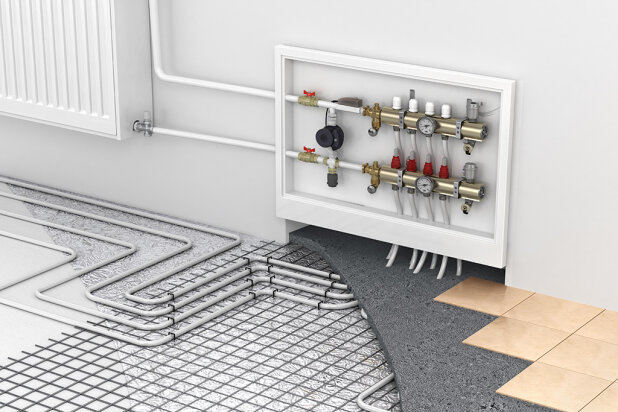When you walk into a cool room on a hot day or enjoy a warm home in the middle of winter, you have the HVAC system to thank. But what exactly does HVAC mean, and what does this system do for your home or office?
Let’s break it down simply.
What Does HVAC Stand For?
HVAC stands for:
-
Heating
-
Ventilation
-
Air Conditioning
Together, these components help manage indoor climate and air quality to keep you comfortable year-round.
Main Functions of an HVAC System
1. Heating
During colder months, the HVAC system’s heating component keeps your home or workplace warm. It typically does this through:
-
Furnaces, which heat air and blow it through ducts.
-
Boilers, which heat water for radiators or underfloor systems.
-
Heat pumps, which transfer heat from outside air or ground—even in winter!
2. Cooling
On hot days, the system provides cooling by removing heat from the indoor air. Air conditioners and heat pumps are the most common cooling options. They use refrigerant to absorb heat and expel it outside, keeping your indoor space refreshingly cool.
3. Ventilation
Ventilation is often the unsung hero of HVAC. It brings in fresh air from the outside, removes stale air from inside, and helps control humidity and indoor air quality. Proper ventilation also reduces allergens, odors, smoke, and other pollutants.
4. Air Filtration & Indoor Air Quality
Modern HVAC systems often include air filters or purifiers that capture dust, pollen, bacteria, and even viruses. Cleaner air isn’t just more pleasant—it’s essential for your health.
Other Important HVAC Features
-
Humidity Control: Some systems regulate indoor humidity, preventing mold and improving comfort.
-
Zoning: Advanced systems allow different areas of a building to be heated or cooled separately.
-
Smart Thermostats: Let you control temperature and energy use efficiently, often from your smartphone.
Why Is an HVAC System Important?
-
Comfort: Keeps your space at the right temperature, year-round.
-
Health: Improves air quality by filtering pollutants and managing humidity.
-
Energy Efficiency: Modern HVAC systems reduce energy use and utility bills.
-
Protects Your Home: Prevents moisture-related damage like mold or wood rot.
In a Nutshell
An HVAC system is like your building’s comfort manager. It heats, cools, ventilates, and purifies the air—creating a healthier and more pleasant space for living or working.
Whether you’re building a new home, upgrading an office, or just trying to understand your current setup, knowing how your HVAC system functions can help you make smarter, more energy-efficient choices.





